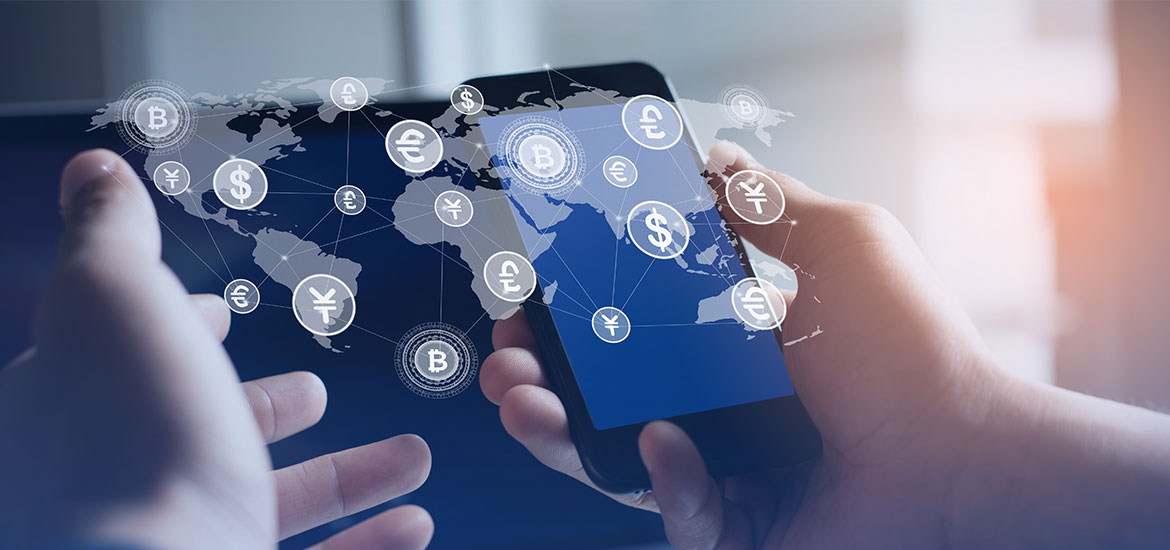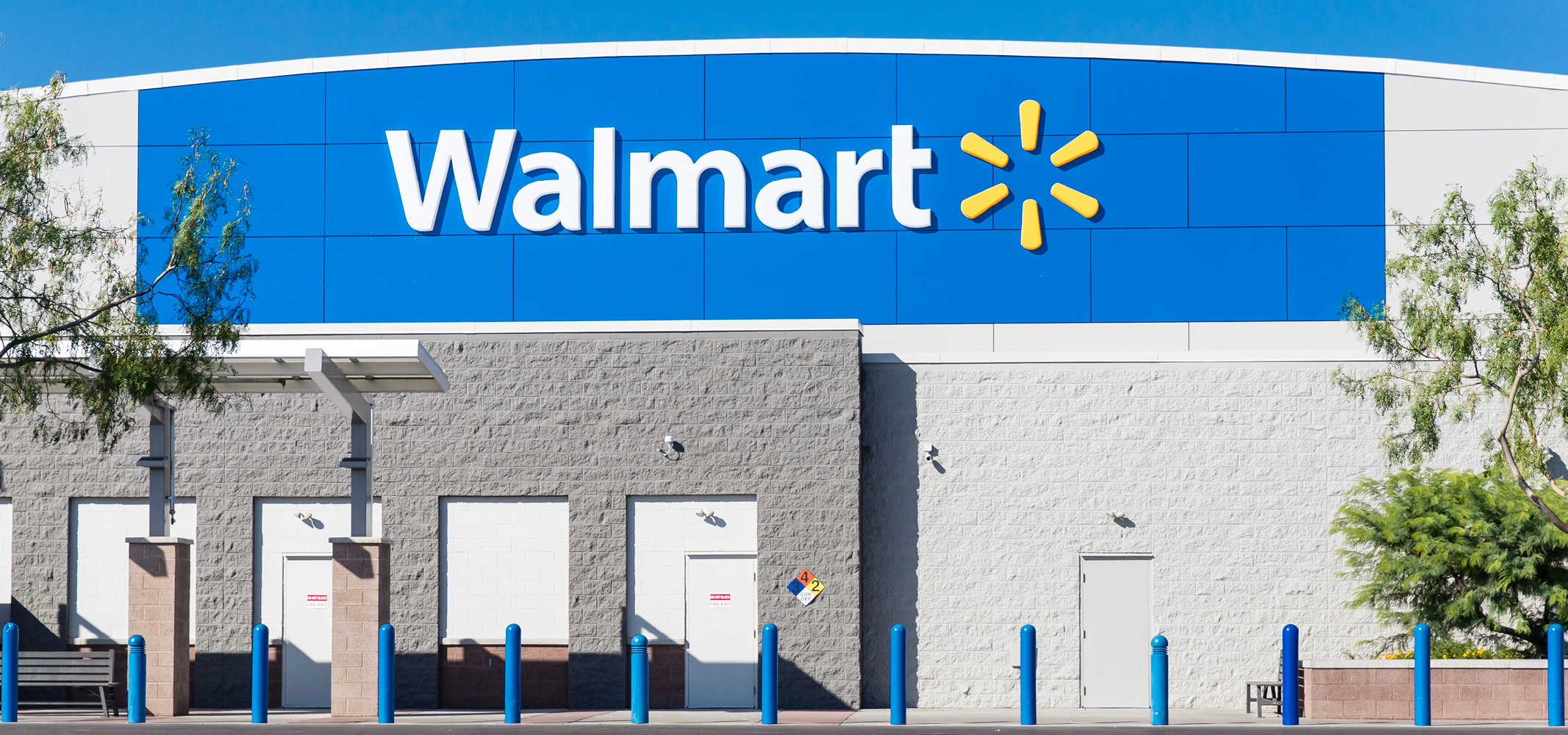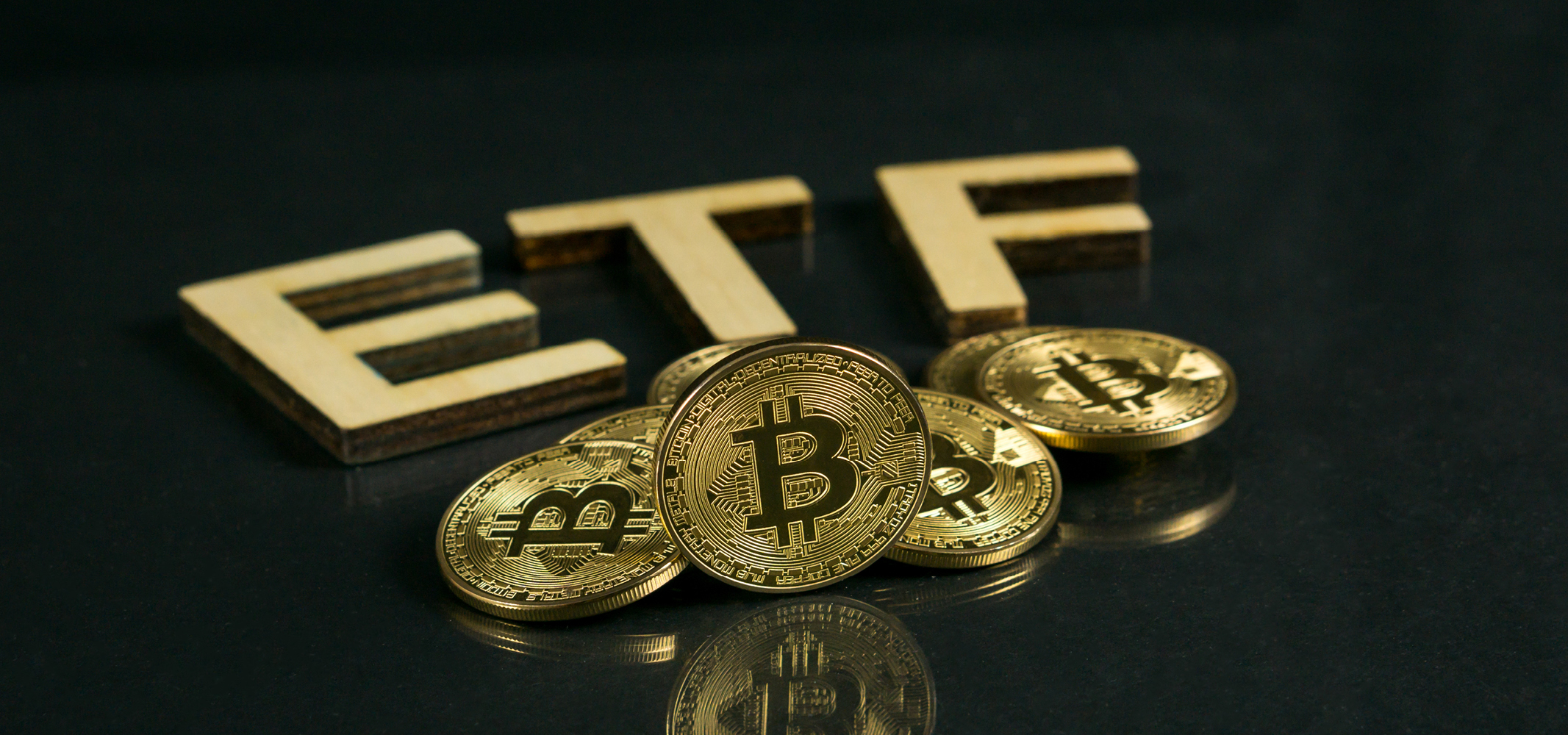2019 was a successful year for the blockchain technology: Bitcoin’s return on investment was 100%. The “dematerialization” of the Euro, also called tokenization, has already begun: First players started last year to use their e-money licenses to issue a regulated digital block-chain based Euro. This is regulated e-money issued via block chains. Representatives of the German government, the banking association and German business are already publicly calling on the ECB to introduce a digital euro.
Digital central bank money would have many advantages. On the one hand, it would increase the security of digital payments, and on the other, the risk of theft of digital money would be significantly lower. For a block-chain-based euro, numerous practical applications are conceivable: Cars could pay their leasing rates themselves thanks to digital measurement of the kilometres driven, and machines could be offered on a pay-per-use basis.










Leave A Comment
You must be logged in to post a comment.